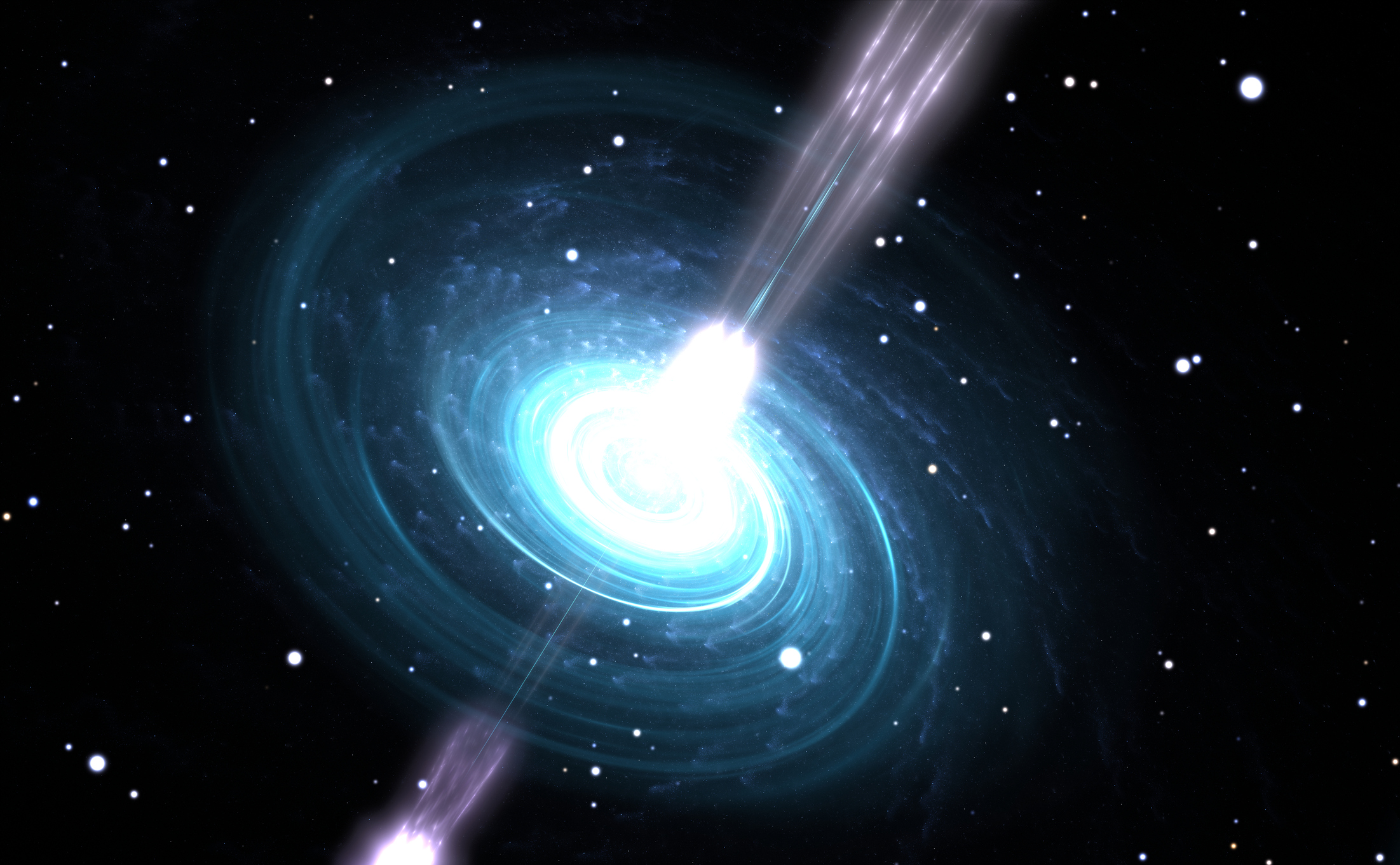Astrophysicist previously snubbed for Nobel earns $3 million prize for her 1967 discovery


A free daily email with the biggest news stories of the day – and the best features from TheWeek.com
You are now subscribed
Your newsletter sign-up was successful
Astrophysicist Jocelyn Bell Burnell made a groundbreaking discovery in 1967. On Thursday, she was finally recognized for the revelation with a Special Breakthrough Prize — 44 years after her male supervisor won a Nobel Prize for the same research.
The Guardian reports that Bell Burnell was two years into her Ph.D. studies at Cambridge University when she spotted unusual pulsing patterns in radio wave data gathered from a radio telescope she helped build. The Irish-born researcher carefully studied the pulsars, now understood to be spinning, magnetized neutron stars, for more than a month before bringing the discovery to her Ph.D. supervisor, Antony Hewish. Their determination that the signals were not man-made was revolutionary.
Hewish was named a winner of the Nobel Prize in 1974, but Bell Burnell was not.
The Week
Escape your echo chamber. Get the facts behind the news, plus analysis from multiple perspectives.

Sign up for The Week's Free Newsletters
From our morning news briefing to a weekly Good News Newsletter, get the best of The Week delivered directly to your inbox.
From our morning news briefing to a weekly Good News Newsletter, get the best of The Week delivered directly to your inbox.
Despite the snub, Bell Burnell went on to become the first female president of the Institute of Physics and is now a professor at the University of Oxford. This week, the Breakthrough prize recognized her "lifetime of inspiring scientific leadership," and lauded the importance of her 1967 discovery. "It led to several powerful tests of Einstein's Theory of Relativity, and to a new understanding of the origin of the heavy elements in the universe," the prize statement read. The Breakthrough prize has previously been awarded to Stephen Hawking and comes with $3 million in prize money.
Bell Burnell said she wasn't surprised when her supervisor won the Nobel without her, but she's glad to have the chance to donate her prize money to a scholarship fund for people underrepresented in physics. Read more at The Guardian.
A free daily email with the biggest news stories of the day – and the best features from TheWeek.com
Summer Meza has worked at The Week since 2018, serving as a staff writer, a news writer and currently the deputy editor. As a proud news generalist, she edits everything from political punditry and science news to personal finance advice and film reviews. Summer has previously written for Newsweek and the Seattle Post-Intelligencer, covering national politics, transportation and the cannabis industry.
